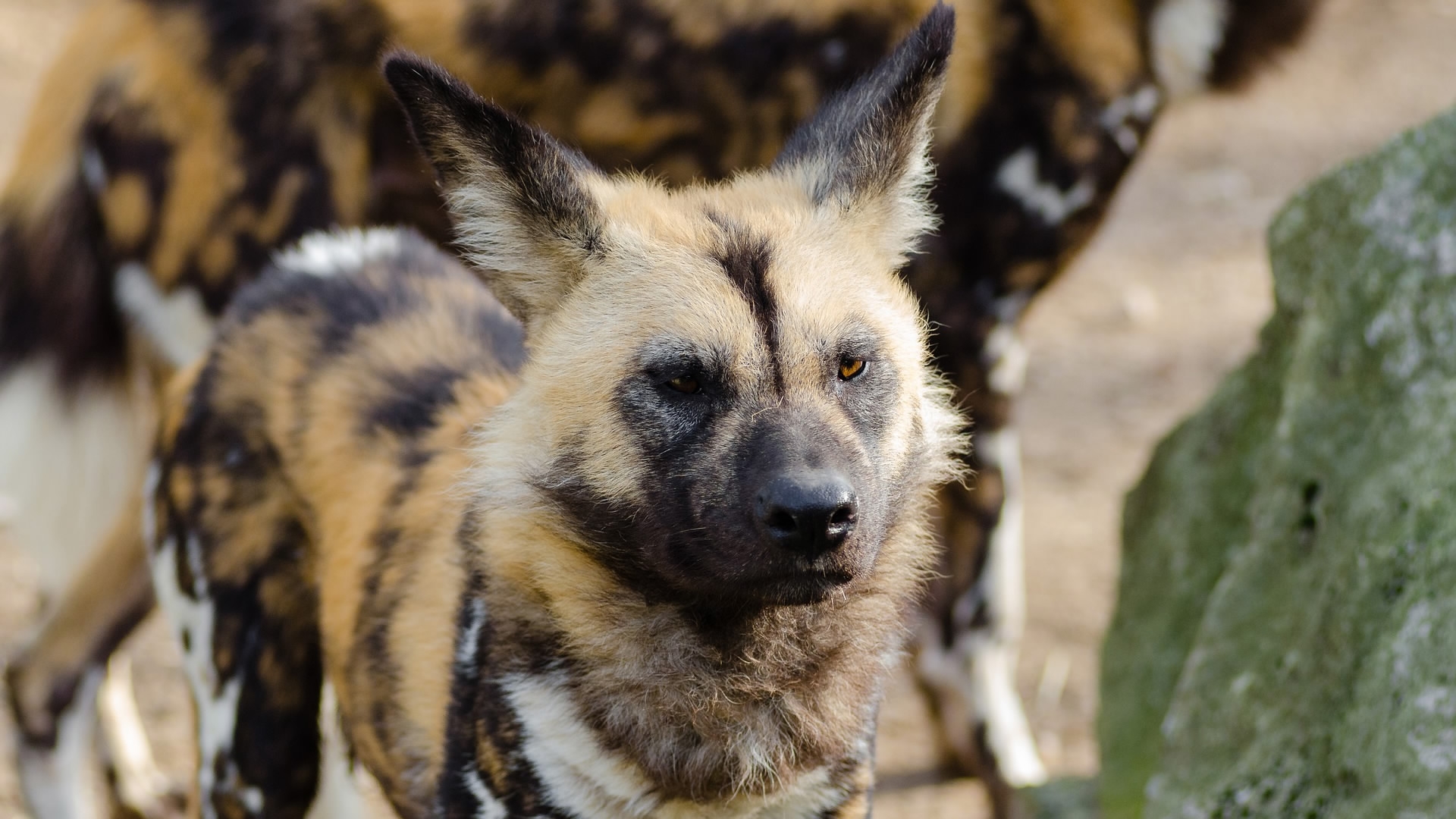
Animal
20:13, 16-Oct-2017
Genome sequencing of African dogs helps find anti-malaria adaption

Chinese scientists have discovered African dogs that have developed a gene adaption against diseases such as malaria, after they conducted whole genome sequencing of African indigenous dogs and wolves.
The findings were published in the latest issue of the journal Molecular Biology and Evolution.
Wang Guodong, a member of the research program, said that as the dogs shared over 360 varieties of disease with humans, they were ideal for genetic research. The dogs share a similar biological evolution with humans.
The institute based in southwest China's Yunnan Province has taken three years to sequence the genome of 15 indigenous dogs from Nigeria and four African golden wolves, studying adaptive evolution.
Wang said they found a gene in the dogs coded ADGRE1, which boosted the immune response to the malaria parasite.
The researchers transferred the gene to lab mice for testing. They found the gene could produce macrophage blood cells that kill the malaria parasite.
The dogs migrated to Africa from Eurasia 15,000 years ago, and gene adaption appeared to help them adapt to the hot, tropical climate and new parasites, Wang said.
Source(s): Xinhua News Agency

SITEMAP
Copyright © 2018 CGTN. Beijing ICP prepared NO.16065310-3
Copyright © 2018 CGTN. Beijing ICP prepared NO.16065310-3